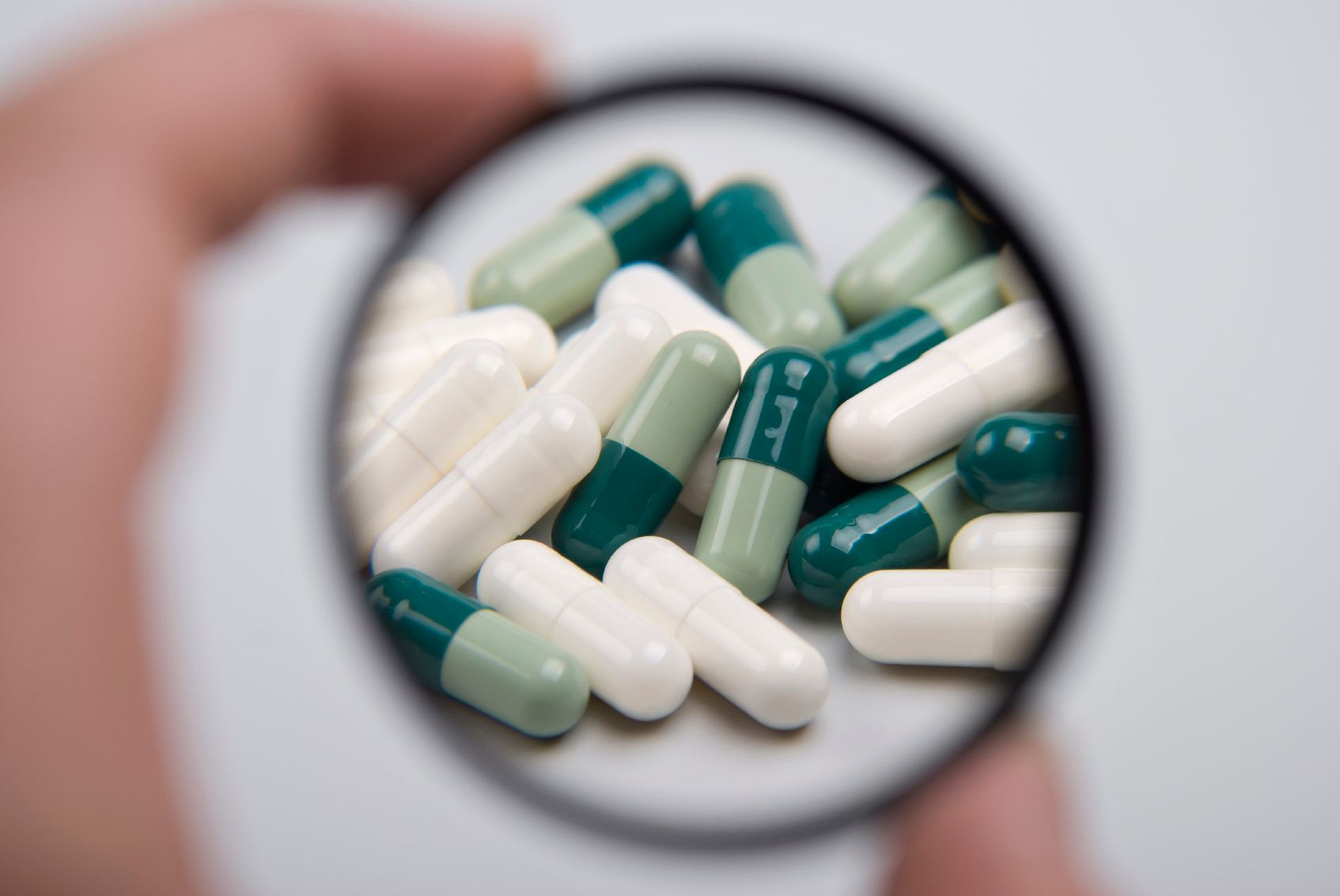Is GHRP the "New" Dietary Supplement Adulterant to Watch For?
While not necessarily “new,” growth hormone releasing peptides could become an “issue,” said John Travis of NSF International.

Nutritional Outlook caught up with NSF International (Ann Arbor, MI) Senior Research Scientist John Travis at Natural Products Expo West to talk about some of the adulterants dietary supplement marketers should be on the lookout for this year.
While not necessarily “new,” growth hormone releasing peptides (GHRP)-which increase the body’s secretion of growth hormone-could become an “issue,” Travis said, with some GHRP-containing products marketing themselves as dietary supplements, some oral and some injectable. “They’re positioning themselves as supplements, but they’re really not supplements at all. There was one particular website that I looked at that actually sold you the product, an empty syringe, and sterile water. And you could buy all three together,” he said.
As for DMAA (1,3-dimethylamylamine), which FDA enforced against in 2012, and its chemical cousin DMBA (1,3-dimethylbutylamine), which was found on the supplements market last year, Travis said he hasn’t seen any new products on the market with those adulterants or any other of their chemical cousins-at least not yet. He said that websites selling those products “might have caught on to the fact that that’s how those of us in the industry who are watchdogs” are in part policing the market. But he said that NSF International is constantly on the lookout, including monitoring sports nutrition blogs. (“When you have anabolic in the name of your blog, it kind of makes people want to look at it,” Travis said.)
Read about other sports market potential adulterants in an article Travis wrote for Nutritional Outlooklast fall.
Travis said that the Designer Anabolic Steroid Control Act (DASCA) passed last year, which aims to help the U.S. Drug Enforcement Administration (DEA) to more quickly classify designer anabolic steroids as controlled substances, may be helping the market. “With the passage of DASCA, that’s really curtailed a lot of the steroids,” he said, adding, “It would be nice to see if the Department of Justice is actually able to prosecute people that are now selling these products.”
Any ingredient that’s currently a hot commodity is, of course, susceptible to adulteration-for instance, curcumin, he said. “That’s usually the trend. A hot ingredient. Lots of demand. It squeezes the market and then people start adulterating it. Remember hoodia? That’s what happened with hoodia. That case has played out many times in industry, so I just wonder.”
Jennifer Grebow
Editor-in-Chief
Nutritional Outlook magazine
jennifer.grebow@ubm.com
Photo © iStockphoto.com/Zardinax
Senate Committee has released the text of 2024 Farm Bill, with changes to hemp regulations
November 19th 2024The U.S. Senate Committee on Agriculture, Nutrition, & Forestry has introduced the Rural Prosperity and Food Security Act, which will serve as the Senate’s draft for the 2024 Farm Bill.
NPA’s lawsuit against FDA on NMN stayed pending agency’s decision on citizen petition
November 6th 2024The court has granted a joint motion for stay filed by NPA and FDA, pending the agency's decision on the citizen petition asking FDA to reverse its stance on NMN's status as a dietary ingredient.